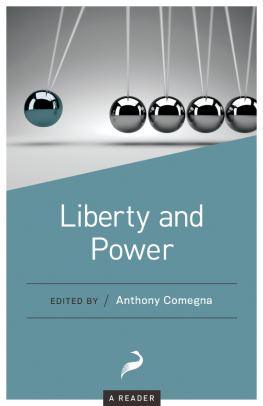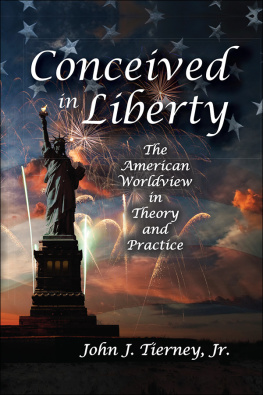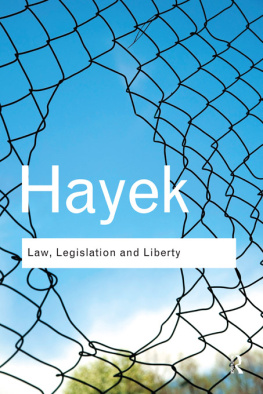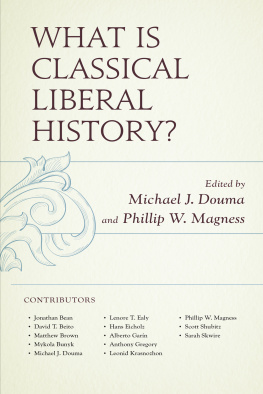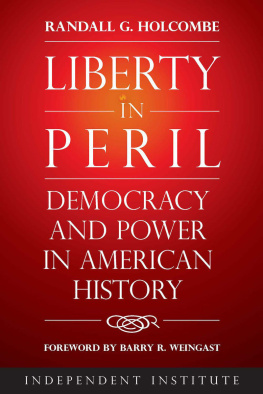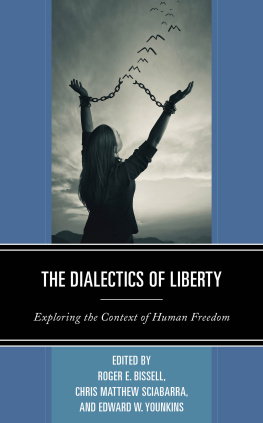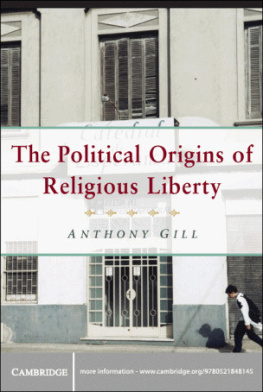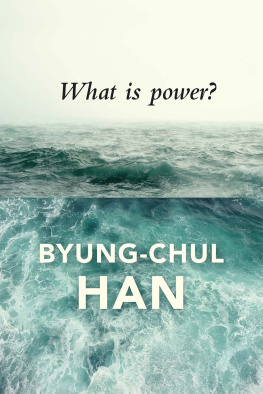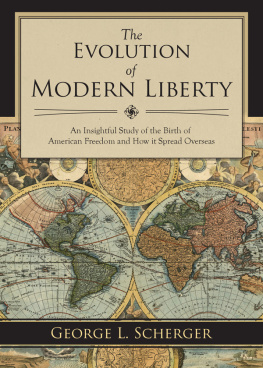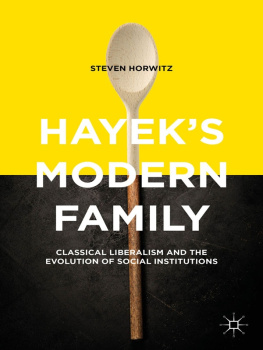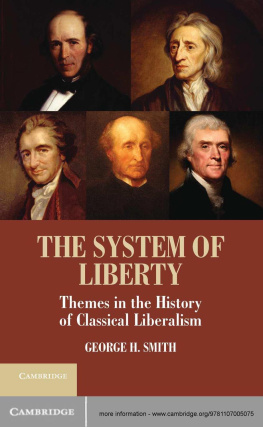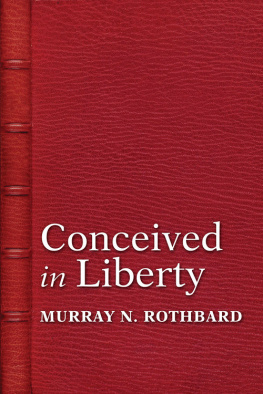The history of the world can largely be understood as generations of individuals struggling to acquire both liberty and power. Classical liberal historians have long attempted to divine the mechanics of change over time, explaining events largely with reference to cyclical social contests between individuals interests in liberty and power. In what may be called the thin version of the liberal theory, arbitrary political power over ones fellow beings divided society into conflicting classes, whereas the thick version popular in the 19th century saw all attempts by individuals to exercise power as potentially problematic manipulations of nature.
Whereas the thin view hardly needs further explanation, it is perhaps appropriate to note that thick liberal thinkers identified politics as merely one facet of individual and social life, one small slice of human history. To the thick, even using ones power to expand individual liberty may produce historical outcomes entirely unexpected and unwanted. Well-intended revolutions often lead to catastrophic war and even the rise and fall of civilizations. Should one indulge the desire to shape reality in pleasing ways, the impulse tends to corrupt ones virtue. As individuals tilt their value scales to favor the use of power over the enjoyment of liberty, they may shortly find themselves under the judgment of the ages.
Whether thick or thin, the liberals argued that political institutions created distinct classes in society: those with influence in the halls of state, and those subject to the states rule. Those who rule are driven by the fundamental social force of power; those who are ruled strive to exercise the fundamental force of liberty. When the two interests clash, a wide-scale battle ensues, and societys institutional, cultural, economic, and ideological composition shifts into new, syncretic forms. Throughout this book, we will survey the origins of classical liberal historiography, the liberal historians view of the world, and the lessons we might glean from innumerable human generations, each desperately searching for greater liberty or greater power.
The classical liberal historian marches into the field of ideological and scholarly battle armed with methodological individualism (the individual is the fundamental social unit, the sole source of human agency) and a political-institutional concept of class formation. Every individual acts according to his or her own ideas and interests, and when power-wielding institutions actually exercise their power, the result is a discrimination of one sort or another. Because political decisions are made and enforced on the population without its consent, political actions always benefit one party at the expense of another. The use of political power automatically divides the population into those who benefit and those who are harmed; those who exercise and enhance their privilege and those who suffer exploitation at the hands of the powerful. The exploited usually wish simply to enjoy their liberties but find that to do so, they must resist the powerful. In overthrowing the aristocracy, the exploited absorb a great deal of power and privilege, which they then tend to use once again to pursue their own ideas and interests. The cycle begins anew.
The classical liberal, cyclical theory of historical change held sweeping appeal across the Western world for much of the modern era. From Kant, Hegel, and Marx to Guizot, Acton, and Mises, the idea that historical change is the direct result of mans dual nature as an individual and a social being was only seriously supplanted in the mid-20th century. Midcentury historians found far too much romanticism and cartoonishness in all of this, especially given their graduate training under Progressive Era academic luminaries. Simple binaries (like capitalist vs. proletariat or liberty vs. power) could not explain the vast complexities of human life and interactions they held.
It would be much more useful, historians began arguing, to simply collect massive amounts of data and tell the story of the past as it actually happened. Rather than impose our own theoretical story of history on the data, the data will impress themselves on us, and the narrative will be revealed through the numbers. Empirical historians found that history worked in exactly the opposite fashion claimed by the dialecticists: history was in fact the story of a grand, gradually expanding political-ideological consensus. Louis Hartz in particular noted the staggering importance of John Locke in defining modernity to the point that virtually all American intellectual traditions owe him their fundamental allegiances. As a socialist himself, Hartz was mortified by the idea that American society was destined to stagnation. The colonies exceptional break from European feudalism may have provided Americans with a fast track to bourgeois society, but progress and change required discontent and conflict.
This volume revives the story of perpetual and generative conflict, undergirded by the constant rejuvenation of the species through new generations of individuals shaped by new historical contexts. Each successive generation strikes out to explore its liberty, expand its power, and reshape the world it inherited, fulfilling its own liberal imaginings or flattering itself with pretensions to greatness.
Since the late 1960sand especially after the Soviet collapsehistorians have attempted to reconcile the conflict and consensus interpretations of change over time. Although the Progressives denied that ideas and interests may in fact unite vast portions of society in a sweeping consensus, midcentury historians stubbornly refused to admit that deep and serious conflicts did indeed separate Americans into distinct classes. As academic historians reconsidered the generative roles of consensus and conflict, many have returned to the battle-tested cyclical model. Even the lone individual has made a comeback, as many have recognized that individuals functioning as such are not equivalent to isolated atoms in a vacuum.
Although we will encounter a variety of liberal theorists and activists, historians Carroll Quigley (see the following paragraph), William Strauss, and Neil Howe (see the conclusion) in particular offer compelling, influential, and liberal-compatible models for historical change that include important narrative roles for both deep ideological consensus and sharply divisive social conflicts. In our attempt to restore to some prominence the liberal theory of history, then, we begin by engaging with one of the most influential academic teachers in the 20th century.
Historian Carroll Quigley was born in Boston, Massachusetts, in 1910. From very early in life, he showed a certain academic restlessness and ambition of the sort that sets apart the greatest academic scholars from those of us suffered to be more common in our abilities and talents. Although originally drawn toward the physical sciences, Quigley the undergraduate found history challenging and enlightening. He swiftly excelled in the field and moved rapidly through Harvards elite doctoral program. Always captivated by big and synthetic as well as comparative history, Quigley was not suited to the staid atmosphere of the Ivies. As his friend and student Harry Hogan wrote, Harvard offered little opportunity for the development of cosmic views and he was less than completely content there. His influential students were legion, plucked from elite families around the globe and reared to rule from birth. His influence as an educator and thinker in recent history can hardly be overstated.

